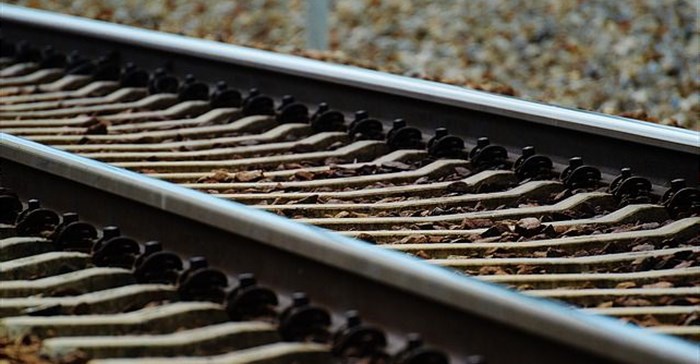
Top stories




Marketing & MediaAI changed how I work as a designer, faster than I expected
Emmanuel Naidoo, Ignition Group 2 hours


More news






ESG & Sustainability
Can Ramaphosa’s crisis committee solve South Africa’s water woes?



















In October last year, President Cyril Ramaphosa announced that South Africa’s rail network would be opened to third-party operators.
This announcement was backed by Public Enterprises Minister Pravin Gordhan who said third party access would provide an opportunity not only for the growth of the freight transportation sector but also for the growth, transformation and industrialisation of our economy.
Establishing competitive and efficient freight transport is also one of the five key outcomes of Operation Vulindlela, a government project aimed to accelerate the implementation of priority structural reforms.
The government is engaging with stakeholders such as the African Rail Industry Association (Aria) on third-party access. Recently, industry leader Business Unity South Africa (BUSA) backed third party access in acknowledgement that it will open the rail freight industry to more players.
This year Transnet, the sole custodian of SA’s rail infrastructure network, reported an operating loss in excess of R8bn. Third-party access will generate a material new income stream through access fees. International precedent shows this could fundamentally improve Transnet’s financial position.
Network industries such as railways are critical drivers of economic growth. They provide access to markets and trade which in turn stimulates economic activity, drives employment and grows revenues to the state via increased taxes and royalties.
"Transnet has not been able to keep pace with customer demands in recent years, and the growing demand requires greater private sector participation to match the demands. What is urgently required is the implementation of Third-Party Access, this structural reform requires no additional state resources and is budget positive," says Mesela Nhlapo, Aria CEO.
"Throughout the African continent, more and more countries are opening up their railway networks to third-party access as a way of crowding in capital, capacity and expertise.
"Aria represents original equipment manufacturers, rail operators and rail services companies in the rail sector and associated industries. Third-party access is not privatisation. Instead, it is about allowing private freight rail operators to use the country’s rail network through a user-pays model, adding significant volumes to the network strengthening Transnet’s financial position," she says.
An estimated 807 million tonnes of freight is moved annually in SA, 612 million tonnes of this freight moves by road and 195 million tonnes by rail. Once the third-party access reforms are implemented, based on their research, ARIA believes that around 58 million tons of freight could potentially move to rail, benefiting agricultural commodities, metals and minerals, motor vehicles, containers, bulk liquid and hazardous chemicals. In addition, the rolling stock investment to meet the volume potential will be around R45bn.
"Nothing is stopping the government from granting business third-party access. It requires no legislative changes and no investment from the government," she says, adding that this would help the country to support a swift economic recovery and potentially create thousands more jobs both upstream and downstream.
"We are buoyed by the fact that Project Vulindlela, National Treasury and now Transnet are all citing implementation of third-party access next year. Twenty-twenty-two is the year for implementation and as Aria we are ready to ensure that happens," says Nhlapo.